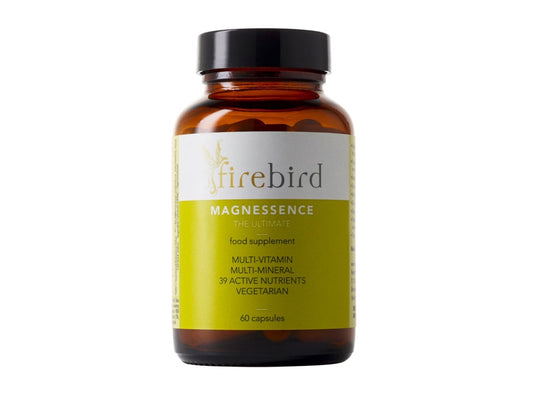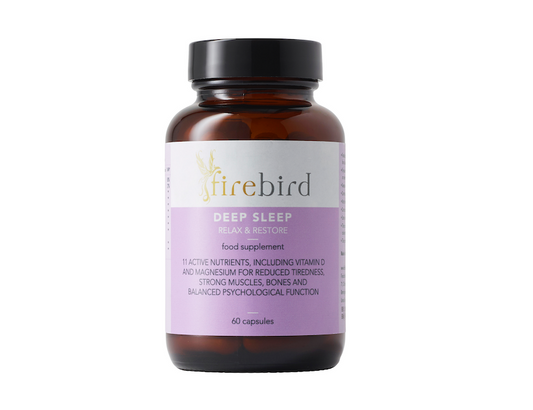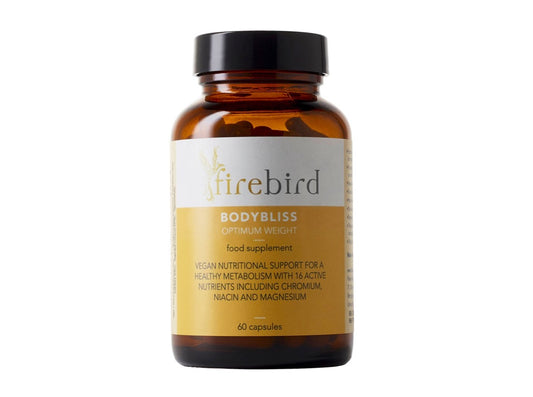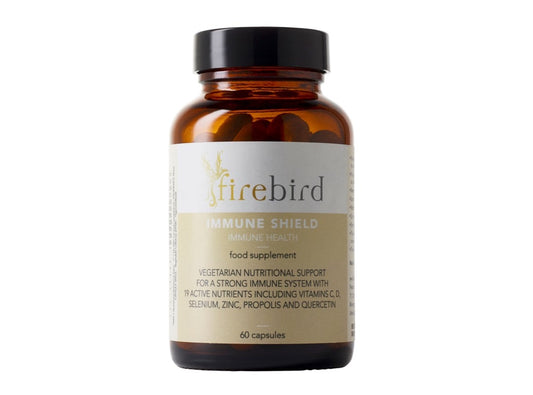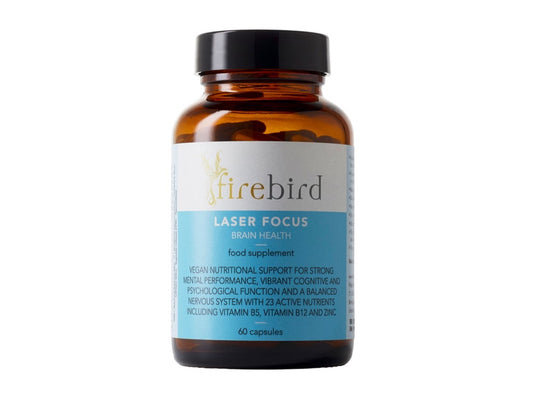
Supplements: Can you ever get too much of a good thing?
Many of us have assumed that if certain recommended doses of nutrients are beneficial, more is even better. Right? The answer is: not always. Here’s why.
Supplements often contain more than 100% of recommended daily intakes of vitamins and minerals. If this is added to what we are already integrating from our diets, we may exceed tolerable upper intake levels. Is there a real risk of toxicity from supplements?
Excess amounts of any vitamins and minerals can lead to imbalances in the body that influence the absorption and function of other essential nutrients. Vitamins are divided into fat-soluble and water-soluble. Fat-soluble vitamins, such as vitamin A, D, E and K, can be stored in the body, in fatty tissue and liver tissue, and released as needed. Water-soluble vitamins, such as the B vitamins and vitamin C, are not stored in the body and, therefore, a daily supply is needed. As the body usually excretes excess water-soluble vitamins, we have often concluded that we need not worry about toxicity with these vitamins. However, recent studies have, for example, linked excess vitamin C to kidney stones and excess vitamin B6 to nerve problems. Although the levels at which toxicity can become a problem for these two nutrients lie over 2000% and 4000% of the recommended daily intake respectively, it is no longer unusual to see the levels of some nutrients in supplements reach quadruple figures.
Folic acid is essential for preventing birth defects, but excess amounts interfere with the absorption of vitamin B12. With a tolerable upper level of just 1mg (250% of the recommended daily intake) and many foods now fortified with this nutrient, it is not impossible to exceed this value regularly.
Toxicity is a greater concern regarding fat-soluble vitamins, which can accumulate in fatty tissue over time and lead to a condition known as hypervitaminosis. Excess vitamin A during pregnancy can lead to birth defects, excess levels of vitamin E can increase the probability of haemorrhages and excess vitamin K can interfere with normal blood clotting.
Toxicity is also a concern regarding minerals. Excess calcium can impair kidney function and interfere with the absorption of iron and zinc. Excess selenium can lead to hair loss and nerve damage. Excess iron can interfere with zinc and copper absorption. Excess iodine can impair thyroid function.
If our diet is healthy and balanced, it is best not to take a supplement with any nutrient included at levels far over 100% of the recommended daily allowance. It is also advisable to check the nutrient content of our diets and note whether any of the foods we habitually consume are fortified with certain vitamins and minerals (for example, in cereals, bread, soft drinks, health bars, etc.), which, together with any supplements we may be taking, could take our total intake over tolerable upper limits. It is obviously ill-advised to exceed the dosage recommendations specified on the packaging of any supplement.
So, in what nutrients are we likely to be deficient in our modern diet? The World Health Organization considers that more than 2 billion people worldwide suffer from vitamin and mineral deficiencies, primarily iodine, iron, vitamin A and zinc, with iron, zinc and iodine deficiencies being those most prevalent in the developed world. According to the World Health Organisation, iron deficiency is the number one micronutrient deficiency in both developing and developed countries. “The major health consequences include poor pregnancy outcome, impaired physical and cognitive development, increased risk of morbidity in children and reduced work productivity in adults. Anaemia contributes to 20% of all maternal deaths.” In our diets, making sure we eat vitamin C (eg. lemon juice) together with any plant source of iron (eg. dark, leafy vegetables, lentils, chickpeas) will greatly enhance iron absorption, while the best sources are liver, meat, oysters and sardines.
It is estimated that over 2 billion people in the world today suffer from iodine deficiency, including about 50% of all Europeans. Iodine deficiency can result in thyroid problems, such as goiter, and mental disorders, such as cretinism. Having been almost completely depleted from our soils, the best sources of iodine now include seafood and iodised salt.
A lack of zinc can manifest in numerous ways as it affects so many organ systems, including the skin, gastrointestinal tract, the central nervous system, the immune system, the skeletal system and the reproductive system. Stores of zinc in the body are drastically depleted by stress and illness and requirements are increased by exercise and growth (eg. during childhood and pregnancy). The best sources of zinc in our diet include oysters, meat, beans and nuts.
The growing use of supplements in general reflects a wholesome interest in nutrition and the role it plays in preserving good health. It also reveals the desire to take a greater, more active responsibility for our own health. This trend is mirrored in sectors relating to other factors that influence good health, such as exercise and stress management. If supplementation is used wisely to safeguard against possible deficiencies in our diet as well as to maintain healthy levels of important nutrients in a targeted approach, it can certainly be an important tool in our quest for optimum health throughout our lives.
MAGNESSENCE® and BODYBLISS® both contain scientifically-calibrated, balanced quantities of nutritious ingredients without megadoses of any individual nutrient in order to provide the best health support possible.
Learn more:
How to know which supplements to choose
Why is bioavailability important?
What toxic ingredients might be lurking in your supplements?

